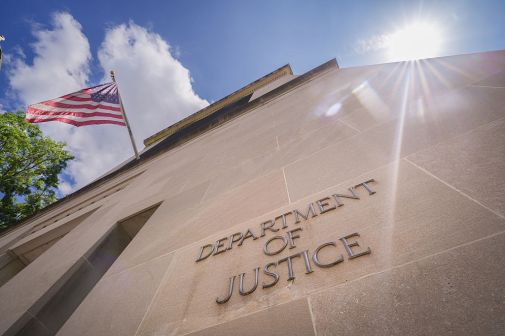EPA official: Government regulation of algorithms is coming
WILLIAMSBURG, Va. — There will be increasing pressure on the federal government to regulate algorithms as software automation becomes more common in the emerging Internet of Things era, and increasingly significant decisions are made by those mathematical formulas, the chief technology officer of the Environmental Protection Agency said Monday.
Many different industries are moving to automated decision-making as a tool to improve efficiency, and help their customers and staff make use of the unprecedented and accelerating production of data from connected devices, which would otherwise overwhelm them.
But EPA CTO Greg Godbout worries about the frightening situations that could arise from the increasing power of algorithms.
“It gets to another whole scary discussion,” Godbout said at ACT-IAC’s 2015 Executive Leadership Conference here. “You have this situation now of [people asking] ‘when is government going to get in the business of regulating algorithms?’ Because algorithms are going to be making some of the most important decisions.”
Godbout’s remarks come just weeks after Volkswagen was forced to recall 482,000 diesel vehicles that used algorithms in the cars’ emissions software designed to beat inspections. According to the EPA, the cars’ software was built to use full emission controls only during inspections — not during normal operations.
But the Volkswagen emission software is just the latest example of concern about algorithms. For example, in 2009, the British company Foundem accused Google of manipulating its search algorithm so as reduce the ranking of Foundem results — all to undermine a potential competitor. University of Maryland professor Frank Pasquale argued last year in a book called “The Black Box Society: The Secret Algorithms That Control Money and Information” that the lack of transparency around these complex and secret mathematical formulas invites such abuse.
“At present, algorithms are ripe for manipulation and corruption,” Pasquale told the Christian Science Monitor earlier this year.
Nonetheless, Godbout argued, algorithms are perhaps the best option to make decisions as the physical world becomes more connected to the digital world with IoT. For instance, his co-panelist Maria Roat, CTO of the Department of Transportation, described a testbed smart-road innovation in Michigan in which drivers and their vehicles are receiving an average of 19 messages about the infrastructure around them every 5 minutes. Some in the audience worried about the distraction that might cause, when would add to the “information overload” that already plagues drivers.
“We don’t have a choice but to automate algorithms around that,” Godbout said. “We’re going to have to have automated systems. It’s not enough to have a decision and support system that tells you what decision to make. It’s going to start making decisions.”
And Godbout expects this to happen in most every industry as the Internet of Things makes aspects of everyday life more digital.
“Everything is software now,” he said. “Everything that used to be machine and hardware is now run by algorithms. And so those algorithms are making decisions, and soon those algorithms will be learning algorithms, and it is sort of inevitable that some of those algorithms we’ll have to shine some light on as to how they make decisions. And there’s not a single industry or single device that’s immune to it.”






